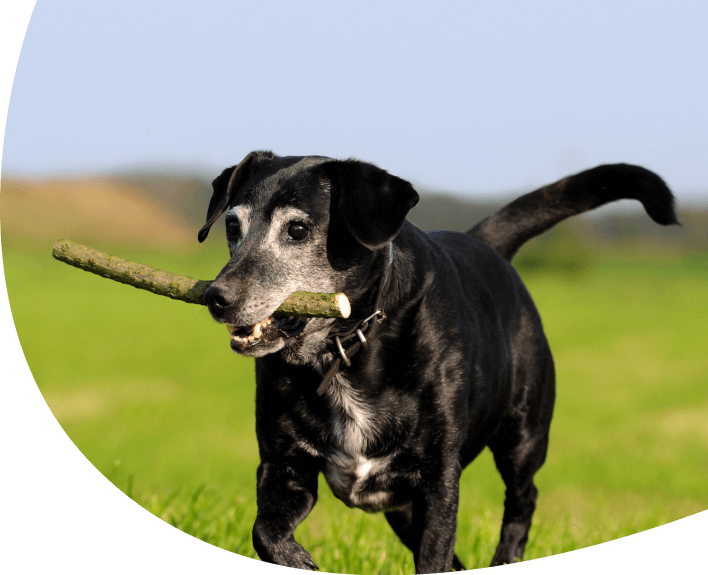Compassionate Care for Their Golden Years
At Oceanside Veterinary Clinic, we cherish the bond you share with your senior pet. As pets age, their needs change, and we’re here to provide the compassionate, specialized care they deserve to enjoy their golden years to the fullest. Our Senior Wellness Program focuses on preventative care, early detection of age-related issues, and maintaining your senior pet’s quality of life.
Why Senior Wellness Care is Important
Just like humans, senior pets are more prone to certain health conditions. Regular senior wellness exams are crucial for:
- Early Disease Detection: Identifying potential health problems in their early stages often leads to more effective treatment and better outcomes.
- Maintaining Quality of Life: We can help manage age-related changes and ensure your senior pet remains comfortable, happy, and active.
- Personalized Care: We tailor our recommendations to your pet’s specific needs, breed, lifestyle, and health history.
- Strengthening the Bond: Regular checkups allow us to build a strong relationship with you and your senior pet, fostering trust and open communication.
Is My Pet A Senior Pet?
Cats are typically considered senior at age 11, and geriatric around 15.
Dogs, on the other hand, hit their senior years at different times depending on their size:
- Small dogs (under 20 lbs): around age 8–10
- Medium dogs (20–50 lbs): around age 7–9
- Large dogs (50–90 lbs): around age 6–8
- Giant breeds (over 90 lbs): as early as age 5–6
What to Expect During a Senior Wellness Exam
Our senior wellness exams are more comprehensive than those for younger pets. They may include:
- Detailed Physical Examination: A thorough assessment of all body systems, looking for any signs of age-related changes.
- Senior Bloodwork: Comprehensive blood tests to evaluate organ function, detect underlying conditions, and establish a baseline for future comparisons.
- Urinalysis: To assess kidney and urinary tract health.
- Fecal Examination: To check for intestinal parasites.
- Thyroid Screening: To rule out thyroid imbalances, which are common in senior pets.
- Blood Pressure Measurement: To screen for hypertension.
- Ophthalmologic Exam: To evaluate eye health and check for age-related changes.
- Orthopedic Evaluation: To assess joint health, mobility, and signs of arthritis.
- Nutritional Counseling: To discuss dietary needs and recommend appropriate senior diets.
- Behavioral Assessment: To address any age-related behavioral changes and offer solutions.
- Pain Management Assessment: To identify and manage any pain your senior pet may be experiencing.
How Often Should My Senior Pet Have a Wellness Exam?
We generally recommend senior wellness exams every six months. This allows us to monitor their health closely, detect changes early, and adjust their care plan as needed.
Caring for Your Senior Pet at Home
In addition to regular veterinary checkups, there are several things you can do at home to support your senior pet’s well-being:
- Provide a comfortable and safe environment.
- Maintain a healthy weight.
- Offer regular exercise appropriate for their age and mobility.
- Pay attention to any changes in behavior, appetite, or elimination habits.
- Provide plenty of love and affection.
Schedule Your Senior Pet’s Wellness Exam
Give your senior pet the gift of health and comfort. Call Oceanside Veterinary Clinic at (843) 795-7574 to schedule their senior wellness exam today! We’re honored to be a part of your pet’s journey through their golden years.
